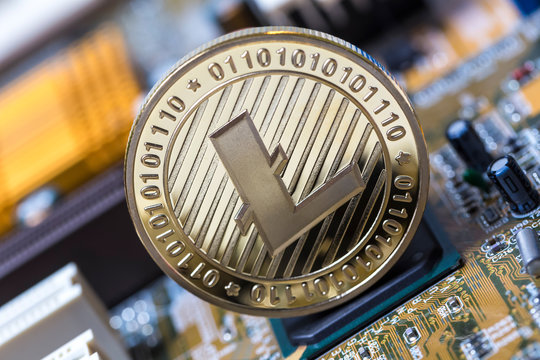Reason to trust

How Our News is Made
Strict editorial policy that focuses on accuracy, relevance, and impartiality
Ad discliamer
Morbi pretium leo et nisl aliquam mollis. Quisque arcu lorem, ultricies quis pellentesque nec, ullamcorper eu odio.
In response to growing terrorist fundings, cash counterfieting and money laundering issues, India’s Prime Minister Narendra Modi yesterday announced that his government will be invalidating 500-, and 1,000-Rupee notes.
The decision attracted praises, as well as criticism from the Indian masses. The lower and middle income class complained about the absence of forewarning, saying they are now left with worthless papers through which they cannot make their day-to-day purchases. The Reserve Bank of India (RBI), however, assured that it will dispatch the new curreny to banks by November 11th, available to be exchanged for old notes.
The move has left many ATMs dry. As the government and the RBI strive to get the country’s monetary system back to normal, the sheer amount of work -including logistics for delivering and removing the currency notes – is overwhelming.
PM Modi’s move has been hailed by all quarters of the society as it will strengthen the country’s economy by weeding out ‘black money’ while accounting for all the wealth, that has so far evaded taxation. Even though this is a great move, it is still riddled with various difficulties when it comes to restoration of liquidity in the economy.
The country, while at this phase of major revamp could have done much better by considering the use of digital currencies. Be it Bitcoin or some other fiat linked cryptocurrency, the Reserve Bank of India and the government could have saved a huge chunk of taxpayers money by eliminating the need for complex logistical decisions.
Bitcoin has already proven itself to be transparent, making it easily accountable. The use of blockchain analysis software provides the governments with much-needed tools to keep track of the digital currencies. Cryptocurrencies have a unique advantage over banknotes. Being easily trackable for starters, central banks won’t have to spend money on printing and destroying old currency notes. A fiat liked digital currency is virtually impossible to counterfeit, preventing the dilution of the economy.
Also, for a country like India, which has been actively promoting the use of electronic payment methods, the implementation of cryptocurrency based solution would have definitely accelerated the process.
It is still not too late, as the government can still start working on developing a cryptocurrency based economy to further strengthen its financial position in the global scale.
Ref: Yahoo News | Image: NewsBTC



























